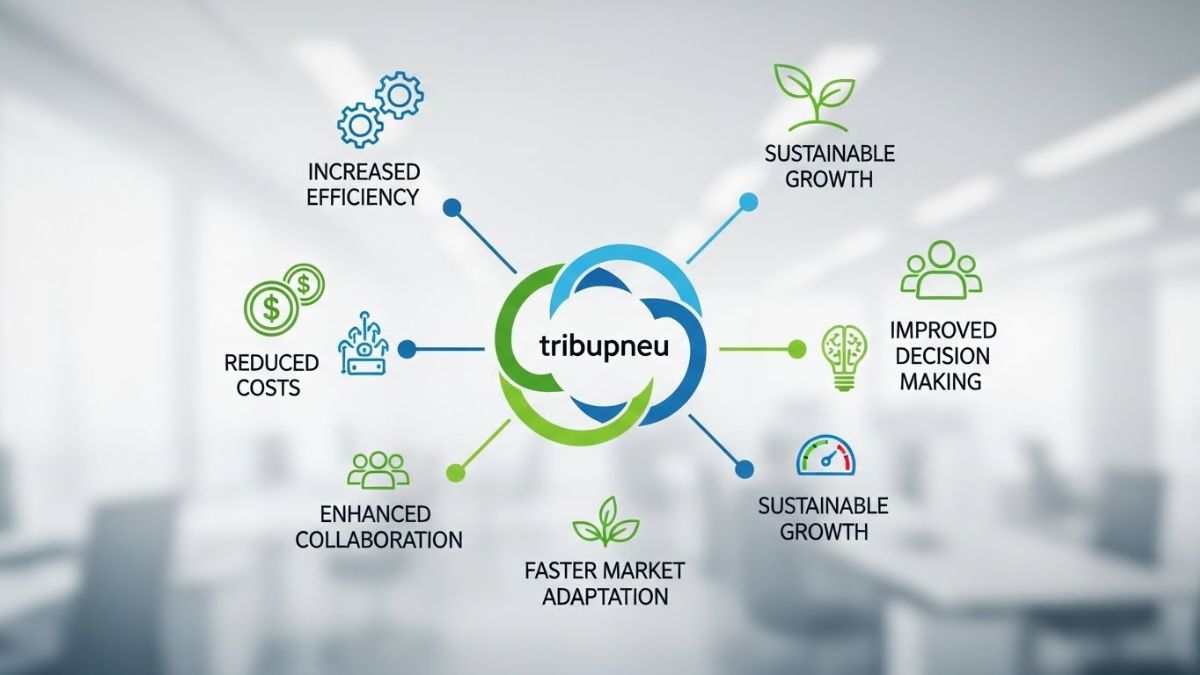In today’s interconnected world, the scope of HR recruitment has expanded beyond local borders to encompass a global talent pool. Companies are no longer limited to hiring within their geographic location; instead, they can access skilled professionals from around the globe. However, navigating global HR recruitment presents unique challenges and opportunities. This article explores practical strategies for finding the best talent worldwide.
Understanding the Importance of Global Recruitment
Global recruitment offers numerous benefits, including access to diverse skills, perspectives, and experiences. Companies can enhance their innovation, creativity, and problem-solving capabilities by tapping into an international talent pool. Additionally, global recruitment helps businesses remain competitive in an increasingly globalised economy.
Identifying Key Recruitment Challenges
Before diving into strategies, it’s essential to understand the challenges associated with global HR recruitment. These challenges include cultural differences, varying labour laws, language barriers, and time zone discrepancies. Successfully overcoming these obstacles requires a well-thought-out approach.
Navigating Cultural Differences
Cultural differences can significantly impact the recruitment process. For instance, communication styles, work ethics, and job expectations can vary widely across different regions. HR professionals must be culturally sensitive and adapt their recruitment strategies accordingly. Understanding and respecting these differences can foster a more inclusive and effective hiring process.
Complying with Labor Laws
Each country has its labour laws and regulations governing hiring practices. Ensuring compliance with these laws is critical to avoid legal complications. HR professionals must familiarise themselves with the labour laws of the countries they are recruiting from and work closely with legal experts to ensure adherence.
Overcoming Language Barriers
Language barriers can pose significant challenges in global recruitment. Clear communication is vital for a successful hiring process. To mitigate this issue, companies can use translation services, hire bilingual staff, or provide language training for their HR teams. Additionally, conducting interviews in the candidate’s native language can help create a more comfortable and practical interview experience.
Managing Time Zone Differences
Time zone differences can complicate the scheduling of interviews and meetings. Flexibility is vital when coordinating with candidates from different parts of the world. Technology that facilitates asynchronous communication and scheduling tools that accommodate various time zones can streamline the process.
Developing Effective Recruitment Strategies
With an understanding of the challenges, let’s explore some effective strategies for global HR recruitment.
Leveraging Technology
Technology plays a crucial role in modern recruitment. Utilising applicant tracking systems (ATS), video interviewing platforms, and AI-driven recruitment tools can streamline hiring. These technologies enable HR professionals to efficiently manage large volumes of applications, conduct remote interviews, and assess candidates using data-driven insights.
Building a Strong Employer Brand
A strong employer brand is essential for attracting top talent worldwide. Companies should highlight their values, culture, and commitment to diversity and inclusion. Showcasing employee testimonials, success stories, and growth opportunities can help attract candidates who align with the company’s mission and vision.
Utilising Social Media and Professional Networks
Social media platforms and professional networks are powerful tools for reaching a global audience. LinkedIn, for example, allows HR professionals to connect with potential candidates, join industry groups, and participate in discussions. Engaging with candidates on these platforms can help build relationships and expand the talent pool.
Partnering with Global Recruitment Agencies
Collaborating with global recruitment agencies can provide access to a broader talent pool and local expertise. These agencies have a deep understanding of regional job markets and can assist in navigating cultural and legal complexities. Partnering with reputable agencies can expedite the recruitment process and ensure a higher quality of candidates.
Implementing Inclusive Hiring Practices
Inclusivity should be at the forefront of global HR recruitment. Companies should strive to eliminate bias from their hiring processes by using structured interviews, diverse hiring panels, and anonymous resume reviews. Promoting diversity and inclusion attracts a broader range of candidates and fosters a more innovative and dynamic workforce.
Offering Competitive Compensation and Benefits
Competitive compensation and benefits packages are essential for attracting top talent. Companies should conduct thorough market research to understand salary expectations and benefits preferences in different regions. Offering remote work options, flexible schedules, and opportunities for professional development can also make positions more appealing to global candidates.
Creating a Positive Candidate Experience
A positive candidate experience is crucial for successful recruitment. Clear communication, timely feedback, and a respectful interview can leave a lasting impression on candidates. HR professionals should ensure that candidates feel valued and informed throughout the hiring process, regardless of the outcome.
Providing Relocation Support
Offering relocation support can be a significant advantage for candidates willing to relocate. Assistance with visa processes, housing, and integration into the new environment can make the transition smoother for international hires. This support demonstrates the company’s commitment to the well-being of its employees.
Conclusion
Global HR recruitment presents both challenges and opportunities. Companies can tap into a diverse and talented global workforce by understanding the complexities and implementing effective strategies. Leveraging technology, building a strong employer brand, utilising social media, partnering with recruitment agencies, and prioritising inclusivity are critical steps in finding the best talent worldwide. As businesses expand their reach, mastering global HR recruitment will be essential for sustained growth and success.















